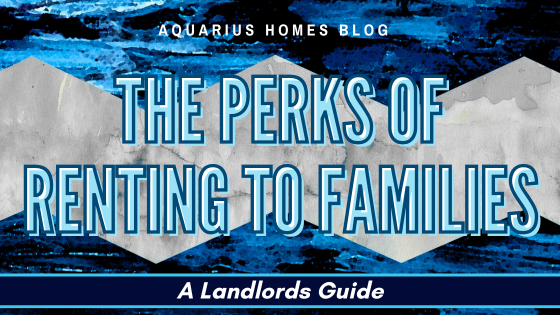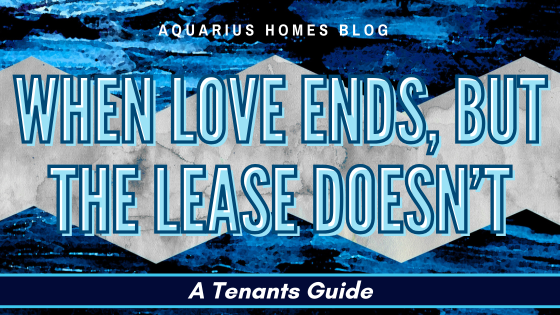Blog
- Details
- Hits: 203
Selling your home isn’t just an exciting journey, it also comes with its fair share of financial surprises too. Whether you’re upgrading, downsizing, or relocating, knowing the real costs involved can help you stay prepared, in control of the game ahead and avoid any bumps in the road.
Here’s a handy breakdown of what to expect when selling your home
- Details
- Hits: 433
The summer holidays are here again; the kids have been set free for six weeks and now you need to find something to do to keep them busy! Whilst we can’t guarantee the sunshine, we can give you details of events and activities that are happening throughout the city of Bath and surrounding areas to keep you and the kids occupied throughout August
- Details
- Hits: 460
Attracting long-term tenants could soon become a lot more enticing for landlords with the planned Renters Rights Bill fast approaching. Soon fixed term tenancy agreements won’t exist, meaning tenants can hand their notice to leave in at any point during their tenancy. Therefore, long-term tenants will mean landlords can keep a steady rental revenue, reduce void periods, along with avoiding the costs involved with changing tenancies. Generally speaking, families will stay longer in a rental home than single, student or shared tenants, so making your rental home appealing to their specific needs could be a huge benefit. But attracting family renters takes a little extra thought and preparation. Here's how you can make your property more appealing to families and why it’s worth the effort.
- Details
- Hits: 577
After a breakup or falling out with someone you live with, it can be difficult to navigate your living situation – especially when renting. Whether you're splitting with a partner, a friend, or a flatmate, understanding your tenancy agreement is key to moving forward smoothly.
- Details
- Hits: 728
With more tenants than ever searching for pet-friendly rentals, and with the legislation surrounding pets in lets soon to change when the Renters’ Rights Bill comes in, landlords who adapt to this growing demand can not only widen their tenant pool but also enjoy longer tenancies and improved relationships. But we understand that for some landlords the idea of pets in your property can raise concerns. So, how do you open your doors to furry friends without inviting chaos?












